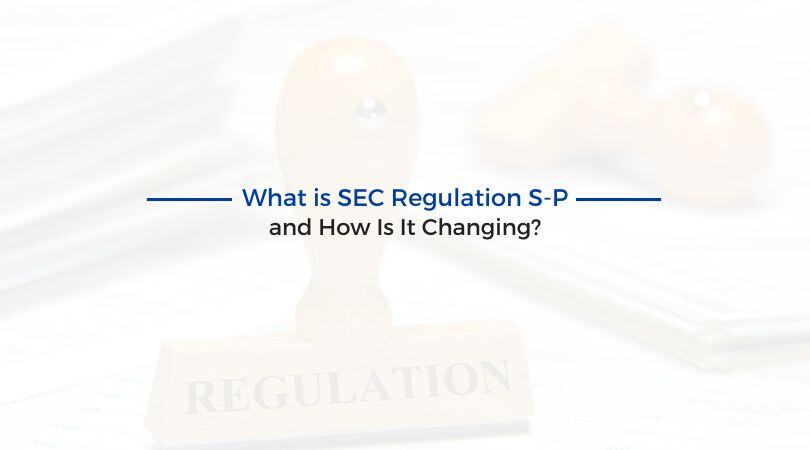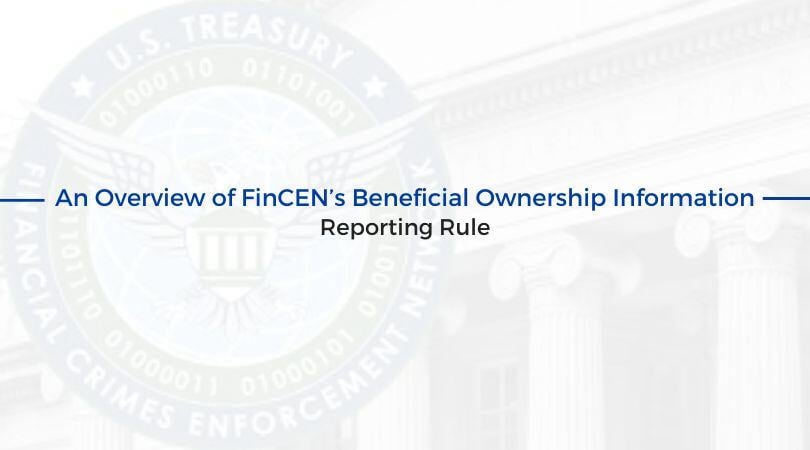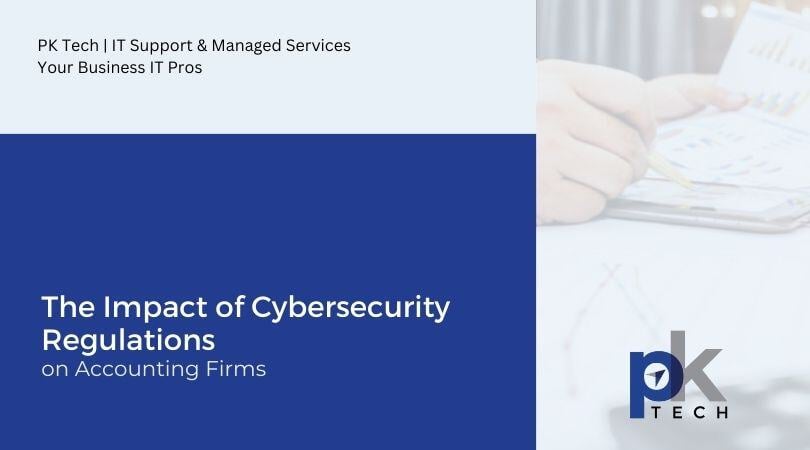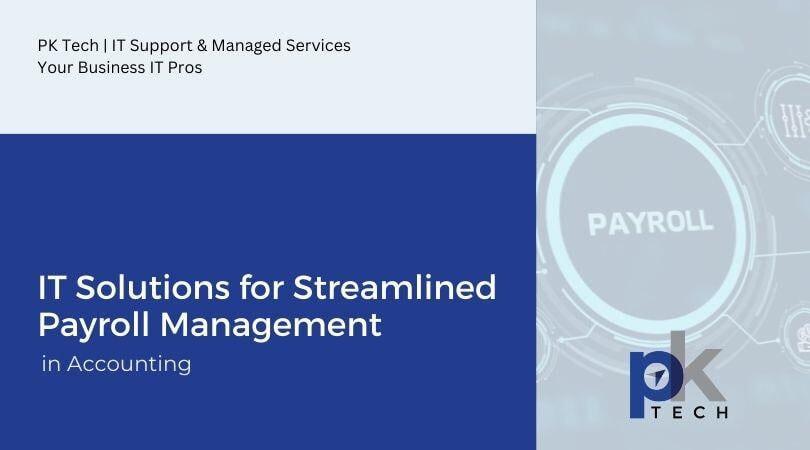An Overview of FinCEN’s Beneficial Ownership Information Reporting Rule
Financial crimes have become increasingly sophisticated in recent years, prompting regulators to implement stricter measures to combat money...
3 min read
Megan Schutz : Updated on October 17, 2024

The SEC is adopting significant cybersecurity amendments to Regulation S-P.
Maybe you’re wondering, what does this mean for your business? Or perhaps, what is Regulation S-P?
This blog will break down the existing framework of Regulation S-P, upcoming changes, and what this means for different businesses and industries.
Regulation S-P is a rule established by the U.S. Securities and Exchange Commission (SEC) under the Gramm-Leach-Bliley Act. It’s aimed at safeguarding the privacy and security of customer information held by financial institutions. Essentially, Regulation S-P requires these institutions to provide clear notices about their privacy policies and practices and to protect the confidentiality of nonpublic personal information of their customers. This regulation applies to various financial institutions, including banks, securities firms, insurance companies, and investment advisers. Violations of Regulation S-P can result in penalties imposed by the SEC.
Changes to existing Regulation S-P rules went into effect on May 16, 2024, one year after issuance of the proposed amendments.
The goal of the amendments is to modernize requirements for broker-dealers (including funding portals); investment companies such as mutual funds, closed-end funds, and business development companies (BDCs); SEC-registered investment advisers (RIAs); and transfer agents (collectively, “Covered Institutions”) to address the expanded use of technology and corresponding risks that have developed since the rules were first adopted in 2000.
The new rules include the following:
An important note to the amended rules: these adopted rules are entirely different from additional cybersecurity requirements that the SEC proposed for RIAs, registered funds, and BDCs in February 2022.
Businesses will need to take action soon: from the date of publication in the Federal Register, Large Covered Institutions will have 18 months, while smaller Covered Institutions will have 24 months to comply with adopted rules. The following qualifications mean you are considered a large entity subject to the 18-month timeline:
Now, let’s dive deeper into each of the components of the Regulation S-P changes.
Every business considered a Covered Institution must implement an incident response plan as part of their cybersecurity program. To have a compliant incident response plan, policies and procedures must:
A key component of Regulation S-P surrounds notifying individuals that their sensitive customer information was compromised. Covered Institutions must notify affected individuals within 30 days, including the following information:
New Regulation S-P amendments require Covered Institutions to enter into written agreements with their service providers that agree to terms surrounding Vendor Management Programs. These include:
Covered Institutions are also required to make and maintain records documenting:
What should your business’ next steps be? All Covered Institutions should begin reviewing and updating their privacy and data security policies and procedures to ensure compliance before the effective date for their size and type of institution.
Questions about these amendments to Regulation S-P or the February 2022 proposals for RIAs, registered funds, or BDCs, or general business compliance questions? Reach out to PK Tech.

Financial crimes have become increasingly sophisticated in recent years, prompting regulators to implement stricter measures to combat money...

While we’re biased given our line of work cybersecurity is undoubtedly an urgent issue for businesses across all sectors. Given its reliance on both...

Like paying your taxes, running payroll is a process almost every organization has to do. Effective payroll management is crucial for organizations...